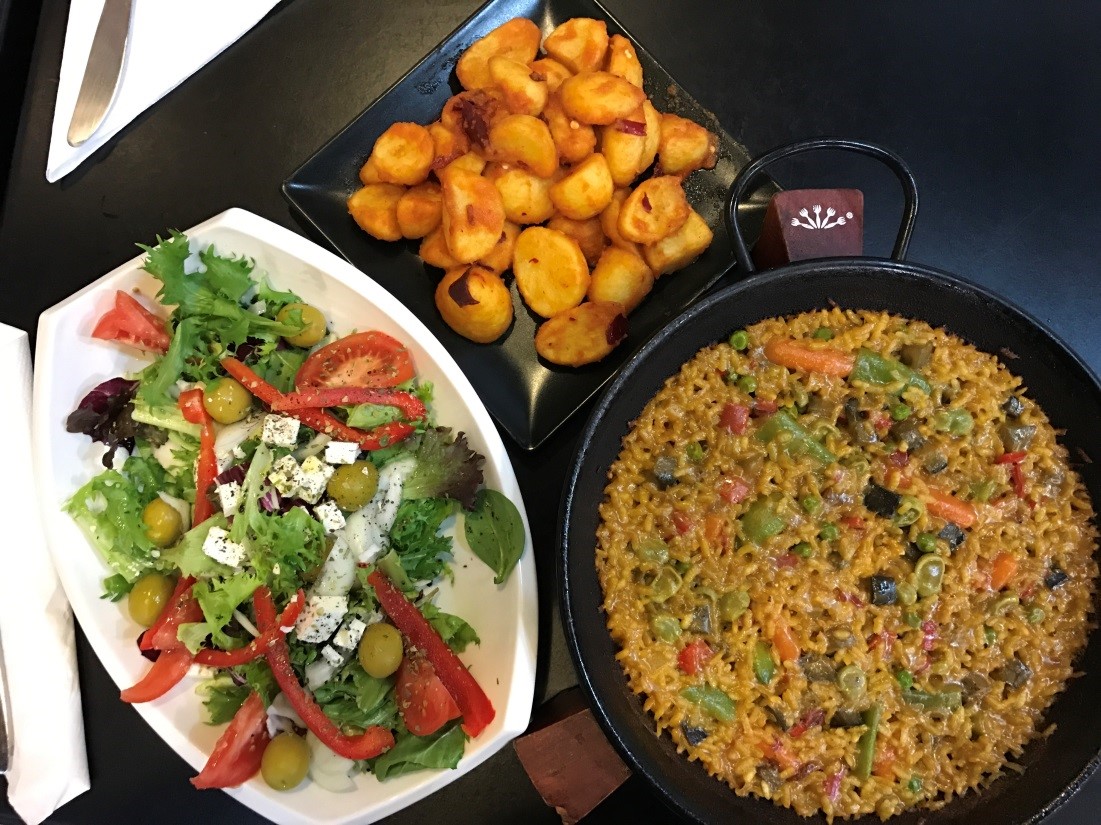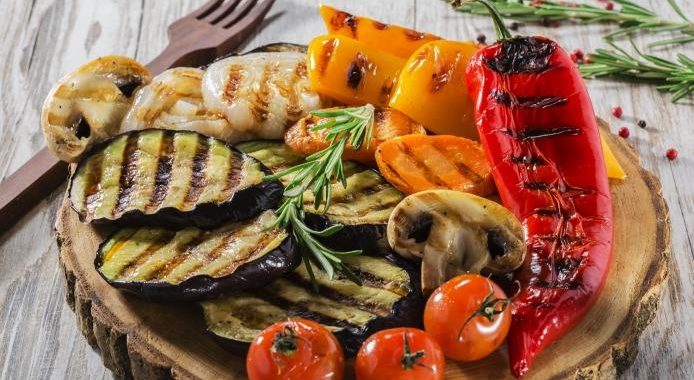What is it like to embrace vegetarianism?
Hello my dear friends, Being a vegetarian myself, I have been asked some questions on several occasions – What is it like to be a vegetarian? Why did you adopt this way of living? Or do you get enough proteins in your diet? I simply smile and reply to their concerns in the most simplistic way I can…
The Vegetarian Society defines a vegetarian as this:
"A vegetarian is someone who lives on a diet of grains, pulses, legumes, nuts, seeds, vegetables, fruits, fungi, algae, yeast and/or some other non-animal-based foods (e.g. salt) with, or without, dairy products, honey and/or eggs. A vegetarian does not eat foods that consist of, or have been produced with the aid of products consisting of or created from, any part of the body of a living or dead animal. This includes meat, poultry, fish, shellfish, insects, by-products of slaughter or any food made with processing aids created from these."
Why are people drawn to vegetarianism? Some just want to live longer, healthier lives. Others have made the switch to preserve Earth’s natural resources or from a love of animals and an ethical opposition to eating them.
Being a Nutritionist professionally I have done my research and I can say that an estimated 70 percent of all diseases, including one-third of all cancers, are related to diet. There are several clinical studies proving that a vegetarian diet directly reduces the risk for chronic degenerative diseases such as obesity, coronary artery disease, high blood pressure, diabetes and certain types of cancer including colon, breast, prostate, stomach, lung and oesophageal cancer.
Getting enough protein is not a problem for most vegetarians. Protein needs can be satisfied by legumes, tofu, nuts and seeds, and a variety of whole grains on a daily basis. Combining different plant foods also helps ensure protein needs get met. For example, eating grains with legumes (for example, rice and beans or pita bread with hummus) or grains with nuts (for example, rice with cashew-vegetable stir-fry).

Avoiding meat is only one part of the picture. A healthy vegetarian diet should be ideally full of foods with various benefits. Walnuts, in particular, are a rich source of omega-3 fatty acids, which have many health benefits. Even so, fish are the best source of omega-3s, and it's not clear whether plant-derived omega-3s are an adequate substitute for fish in the diet. One study suggests that omega-3s from walnuts and fish both work to lower heart disease risk, but by different routes.
Vitamin B12 is found only in animal products, but those products include dairy foods and eggs, so most vegetarians get all they need. If you avoid animal products altogether, you should eat foods fortified with vitamin B12 (certain soy and rice beverages and breakfast cereals) or take a vitamin B12 supplement to avoid a deficiency, which can cause neurological problems and pernicious anaemia.
Good Luck with your wholesome, happy and healthy eating,
Take care and shall see you again soon,
Namaste !
Vidhi (27/05/17)


There are 3 comments on this post